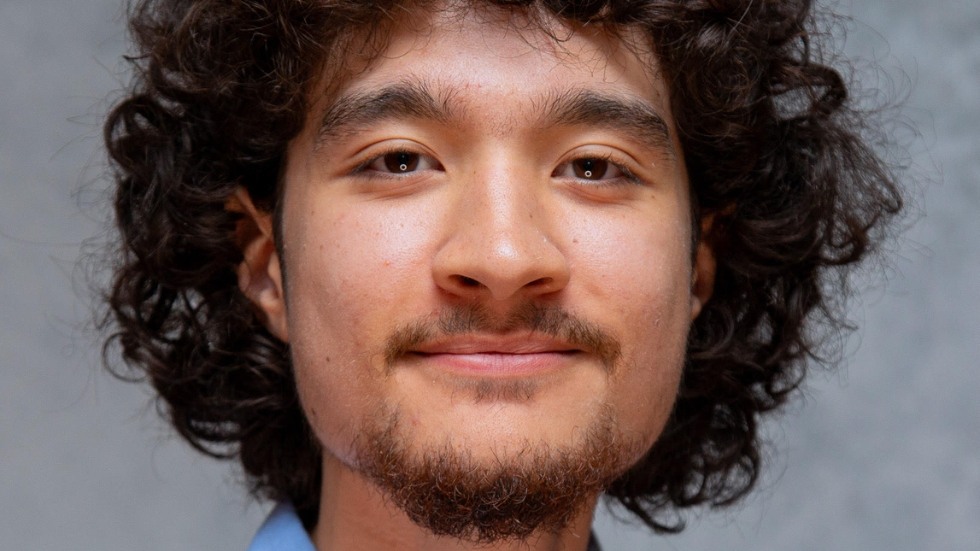In this spotlight, the department sits down with Carlo Kim, a junior passionate about American labor history, to discuss what led him to join the labor movement in Providence.
"I’m interested in how everyday people change their world. Eighty years ago, over a third of working people used their labor unions as forums to shape their workplaces and, by extension, their lives. But today, less than ten percent of workers are unionized. What happened? And what role does organized labor—and its absence—have in shaping the present day?
As a sophomore, I worked closely with dining, library, facilities, and other campus workers on their contract campaigns at Brown University. In the process, I became alive to the labor movement in Providence and to the power that working people have to create change. As a leader of the Student Labor Alliance, delegate to the Providence Central Labor Council, summer intern with the United Nurses Associations of California/Union of Healthcare Professionals, and founding member and inaugural Vice President of the Brown University Labor Council, I’ve had the chance to meet individuals as wide-ranging as the self-proclaimed oldest Teamster in America, to the current President of the largest public employees union in the country.
My advice to students of history is to think about what the demands of social history mean for us. As academicians, we are not neutral, and knowing that fact doesn’t make us neutral. We should never take what exists for granted, and we should never forget the fact that everything works because billions of people toil everyday to make it work. When we write about how enslaved people in Virginia survived and pushed against the margins of their lives, we’re tugging at one human thread that connects our lives to theirs. How are people surviving today, and how are we pushing back? And, just as interestingly, when, where, and why aren’t we?"
